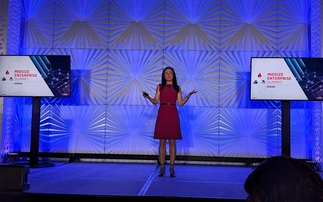Recycling guidelines place a clear obligation on producers to prioritise the re-use of PCs
Companies should prioritise re-use of PCs to avoid waste Charity Computer Aid International says the new WEEE directive guidelines offer the computer industry a huge opportunity to reduce its car...
To continue reading this article...
Join Computing
- Unlimited access to real-time news, analysis and opinion from the technology industry
- Receive important and breaking news in our daily newsletter
- Be the first to hear about our events and awards programmes
- Join live member only interviews with IT leaders at the ‘IT Lounge’; your chance to ask your burning tech questions and have them answered
- Access to the Computing Delta hub providing market intelligence and research
- Receive our members-only newsletter with exclusive opinion pieces from senior IT Leaders




















